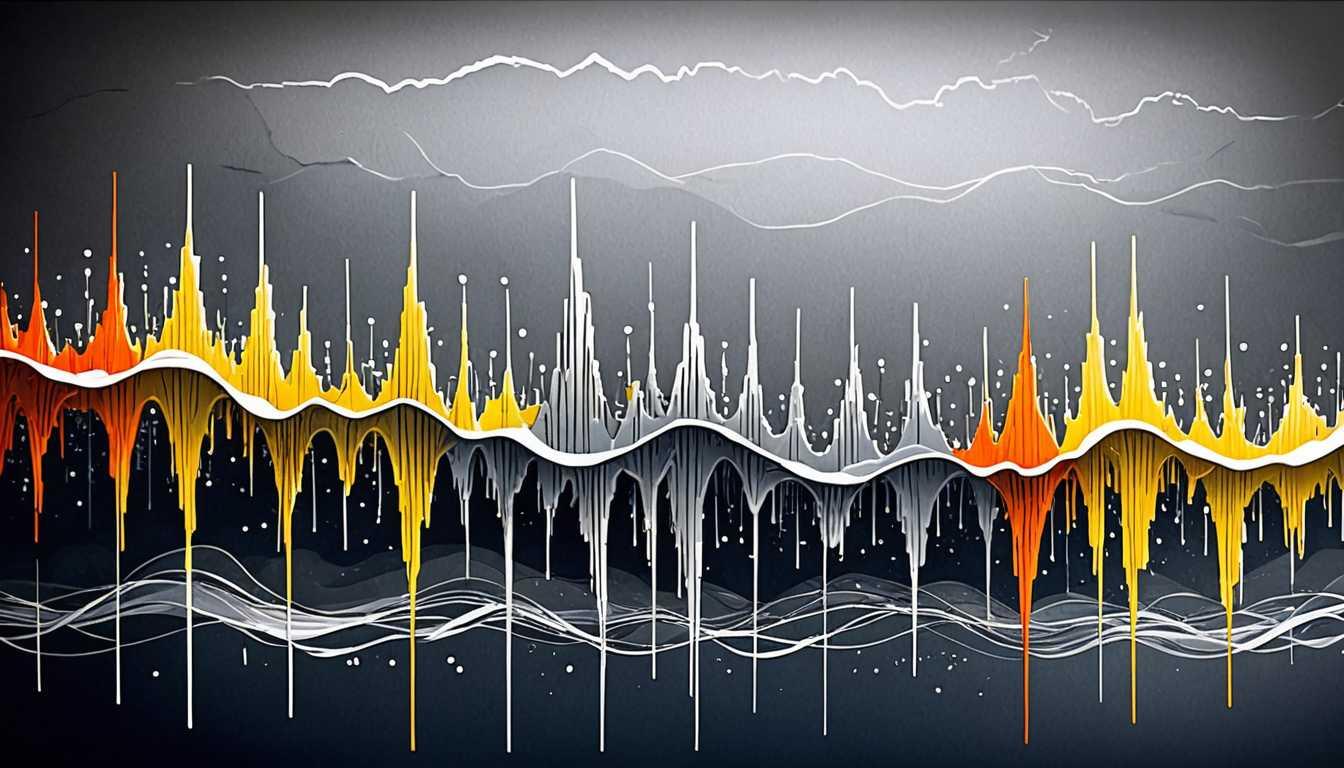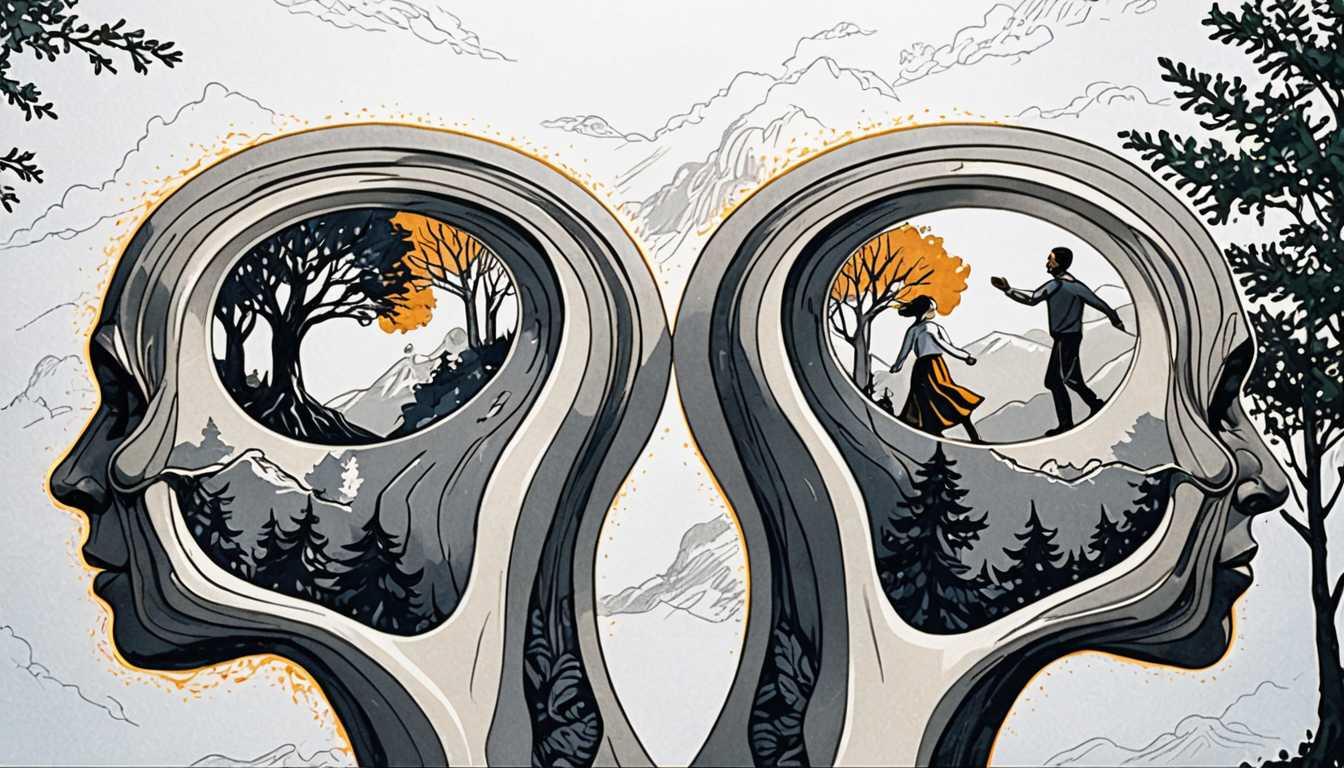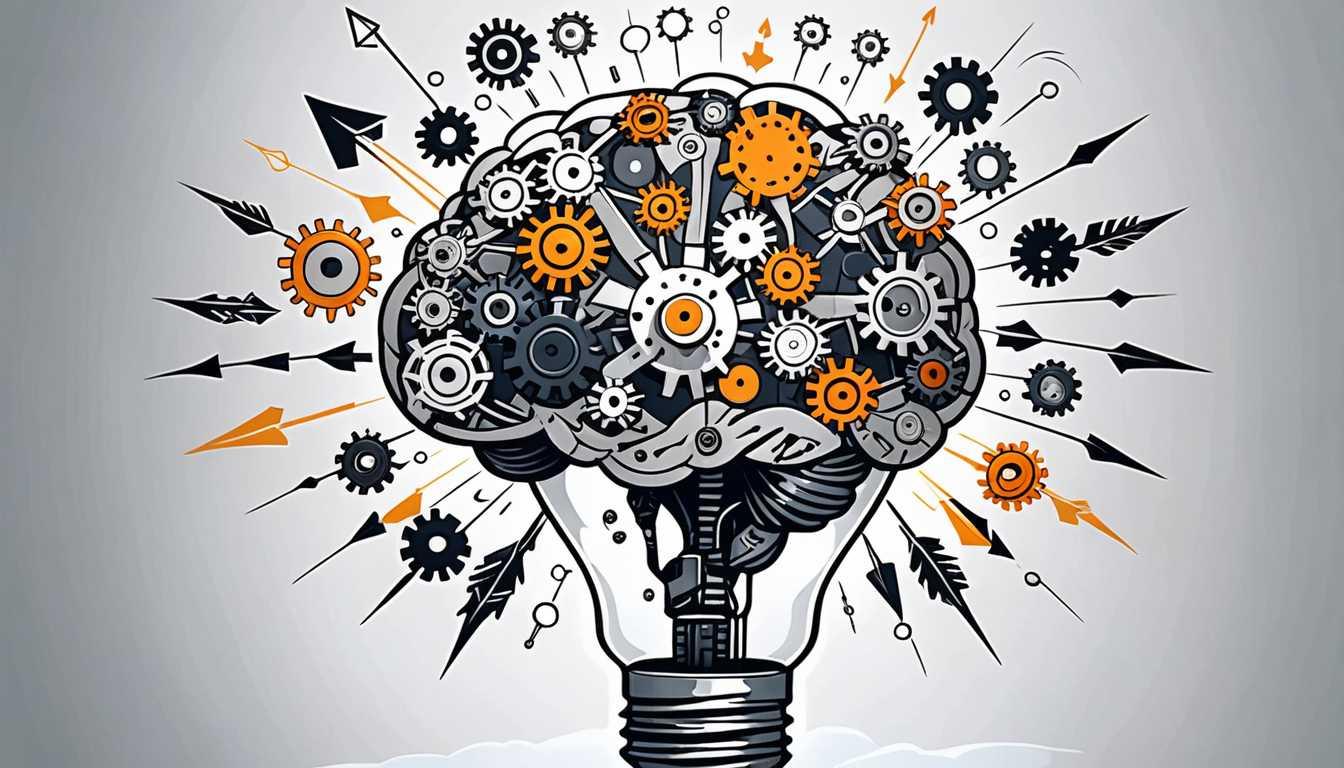Genes: The Original AI Creators!
July 2024
MIT Technology Review
Introduction
Hey there, future scientists! Ever wondered how our genes are like super-smart AI? This article from MIT Technology Review dives into the wild world of genomes, comparing them to generative AI models that create new things. It’s way more complicated than just a recipe or a blueprint! Grab your thinking caps and discover why our genes might just be the ultimate creative force. Trust me, you don't want to miss this fascinating read!
READ FULL ARTICLEWhy It Matters
Discover how this topic shapes your world and future
Unraveling the Mystery of the Genome
Understanding the genome is like peering into a complex puzzle that reveals the secrets of life itself. Rather than being a simple code or blueprint, the genome acts more like a generative model, similar to advanced artificial intelligence systems that create new images or text based on learned patterns. This innovative perspective not only challenges traditional views but also highlights the dynamic nature of genetics, suggesting that our DNA contains vast potential for variation, much like the creativity behind AI-generated art. On a global scale, this understanding of the genome can lead to breakthroughs in medicine, agriculture, and biotechnology, ultimately influencing how we approach health, disease, and diversity. As you explore the intricacies of your own genetic makeup, you may discover how these concepts apply to your life, your family, and even your future career in science or technology.
Speak like a Scholar
Genome
The complete set of genetic material (DNA) in an organism, containing all the information needed to build and maintain that organism.
Generative Model
A type of artificial intelligence that learns from existing data to create new content, such as images or text, based on prompts provided.
Expression
The process by which the information in a gene is used to create functional products, usually proteins, that carry out specific functions in the body.
Variation
Differences in physical traits and characteristics that can occur among individuals, often due to genetic differences or environmental factors.
Pangenome
A comprehensive representation of the genetic diversity within a species, capturing variations across different individuals and populations.
Mathematical Models
Abstract representations using mathematical concepts and language to describe and predict complex systems, such as the relationships between genes and their functions.
Independent Research Ideas
The Role of Environment in Genetic Expression
Investigate how different environmental factors influence gene expression and how this affects physical traits in organisms, like in identical twins.
Examining Genetic Variations in Populations
Explore how a pangenome can illustrate the genetic diversity within a specific population and what implications this has for medicine and public health.
AI and Genetic Engineering
Research the intersection of artificial intelligence and genetic engineering, focusing on how AI can improve gene editing techniques like CRISPR.
Ethics of Genetic Modification
Delve into the ethical implications of modifying genomes in humans, plants, or animals, considering both the potential benefits and risks.
Comparative Analysis of Generative AI and Biological Systems
Analyze the similarities and differences between generative AI models and biological systems in terms of creativity and adaptability, uncovering what this means for our understanding of both fields.
Related Articles

Timing: The Secret to Better Hearing
January 2025
MIT News

Unraveling the Brain's Tiny Wonders
May 2024
Harvard Gazette

Decoding the Secrets of Memory Circuits
January 2025
MIT News

Genetic Keys to Diabetes Unveiled
October 2023
Cornell University

Brain Power: Planning Your Next Move!
June 2024
University of Cambridge